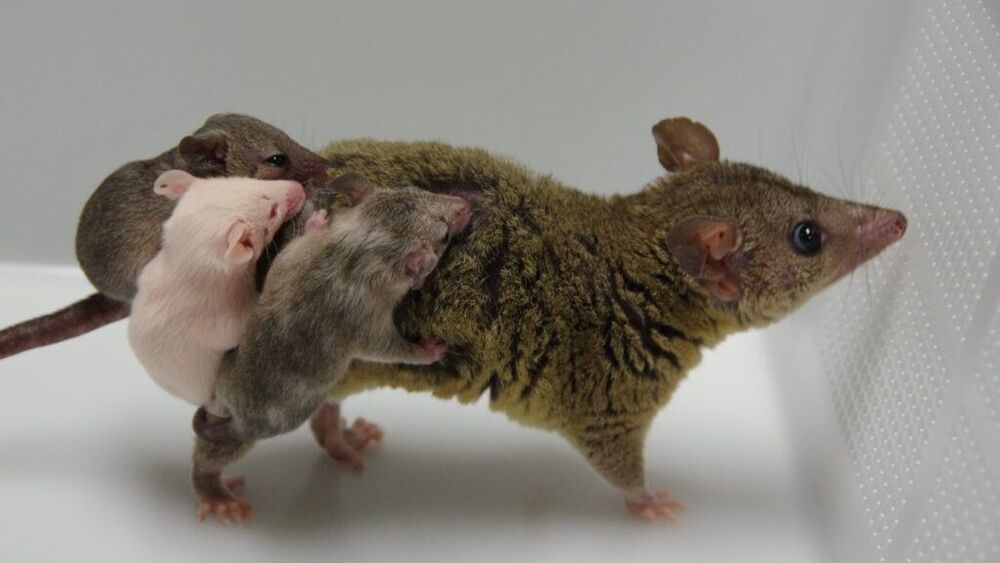We probably at this point should make all animals immortal: 3.
The advance promises to unlock new insights into human biology and disease, aiding in the study of everything from the developing immune system to tissue regeneration to skin cancer.
“Studying biodiversity is not just about exploring the biology of a bunch of interesting organisms, but ultimately for a better understanding of human biology,” developmental biologist and lead study author Hiroshi Kiyonari said via email.
Five years ago, his team began to systematically work out the problem that had so long plagued the opossum field. The first barrier was to collect zygotes (fertilized eggs) at the right time. Ideally, that would be before they began dividing, when they are still a single cell. If you inject CRISPR at this stage, you can be sure all the resulting animals’ cells will carry whatever DNA changes you make. Doing it later can mean some cells but not others will be edited — a less ideal outcome known as mosaicism. Another benefit of collecting fertilized eggs as early as possible is that the shell coat hasn’t had time to thicken.
